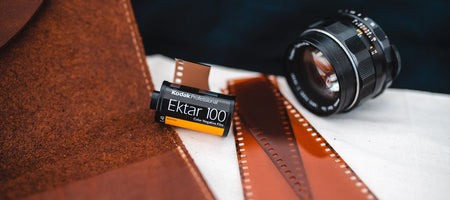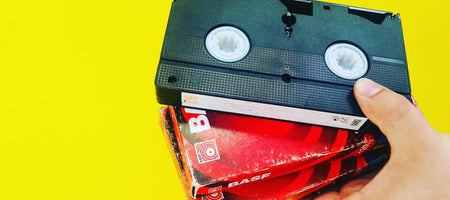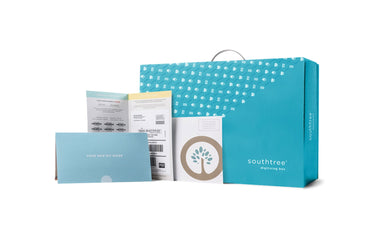Everyone loves a comeback tale. Rocky overcame insurmountable odds to defeat Ivan Drago and avenge his best friend, Apollo Creed. A scrappy young country called the United States of America whipped up on one of the most powerful empires in the history of the world to gain its independence. An edgy city boy moved to a small Midwestern town where he and his prom cohorts kicked off their Sunday shoes to overthrow a preacher’s stranglehold on the illegal act of dancing. Spongebob Squarepants finally earned his driver’s license. These are the kind of stories that we love to read and hear about.
This is one of those stories. A tried and true underdog story for the ages. It has the potential to be mentioned in the pantheon of legends like the 300 Spartans defending themselves against an army of Persians, the British rescuing themselves from destruction at Dunkirk, and William Wallace helping Scotland gain its autonomy from Britain.
That’s right; the audio cassette is making a comeback.
After lying dormant for decades, unused and unloved by anyone and any Walkman, the cassette tapes have been resurrected by audiophiles all over the world. It’s understandable if you’re confused. You may even be asking yourself, “But why?” as you’re left scratching your head. As far as we can tell there are 3 main reasons why people are flocking back to these clear, plastic, magnetic ribbon holding pieces of yesteryear.
Price
Cassette tapes are astoundingly cheap for music producers, making them an ideal medium from a margin perspective. And as we all know, underneath the glitz, glam and artistic glory of it all, the music business is at heart a business. It’s literally in the name. They only cost about $1.50 to produce, making them a really strong option for labels and artists. They’re also great for the consumer, because you can pick up a new cassette tape for about $10 instead of the $25 it costs for vinyl. Or the $15 it costs for CDs. That is if you’re one of the six people who still actually buy those shiny little discs. It’s basically a win-win for everyone involved.
Nostalgia
Human motivations are strange. We like to stick with what we know, even if it’s not the best thing in the world. Yes, I’m openly saying that, objectively, tapes are not the best medium to use to listen to music. They just aren’t, so sorry I’m not sorry. The sound quality can be lacking and fuzzy (but that’s some people’s thing), the user experience of rewinding, loading, and flipping feels archaic, and they’re kind of wasteful from an ecological standpoint--especially considering how easily accessible streaming services are. But none of those things particularly matter when you’re talking about what makes people feel good. That’s the beauty and the oddity of nostalgia. It’s not just what it sounds like but the whole experience behind listening to it – the familiarity, the feeling, the packaging – everything. Putting on a cassette feels nice for people who are reminded of their younger, happier years when they do it. Nostalgia can cause some interesting motivation for folks, and the cassette resurgence is one example of that influential power.
Hipsters
Like it or not, hipsters are a powerful force of cultural change. Which is kind of ironic because “change” for them typically involves bringing obsolete devices and outdated trends back into popularity. The term Hipster might as well be the poster child for oxymoron. Their motivations are opaque, their tastes inscrutable, and their fashion absurd. Say what you want about the hipsters, but they impact all sorts of industries and trends, music especially. Probably because of the price and nostalgia, combined with the desire to be on the ironic, cutting-edge of cool, Hipsters are making cassettes fresh again.
Whether you like it or not, cassettes are on the up. Fast-forwarding their way back into our hearts and homes. In fact, they’re the fastest growing music media in the world right now if you can believe it. Whatever motivations anyone has, we can’t be completely sure, but we do know that they’re doing their best LL Cool J impersonation to not call it a comeback; they’ve been here for years. The good news is that, next time you see someone rocking a walkman on the street like it’s 1988, you’ll know exactly why they’re using it.













